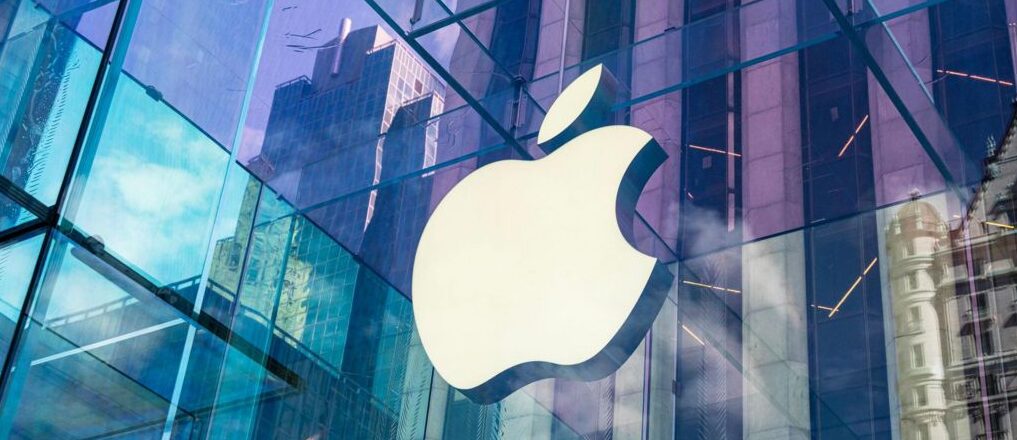The British authorities has quietly stepped again from its controversial try and pressure Apple to offer world entry to encrypted consumer information, in line with U.S. intelligence officers. The transfer comes after months of mounting stress from privateness advocates, know-how specialists, and worldwide companions who warned that such a requirement risked undermining civil liberties and world information safety.
In December, the UK issued Apple with a proper discover beneath the Investigatory Powers Act. The order sought the creation of a technical “again door” to the corporate’s Superior Knowledge Safety (ADP) characteristic, which affords end-to-end encryption and prevents even Apple from accessing consumer recordsdata. The proposal instantly sparked alarm, as it could have successfully pressured the corporate to weaken its personal safety protocols.
Apple responded with an unyielding place: it had by no means constructed a again door for its merchandise and wouldn’t start now. In protest, the agency withdrew ADP from the UK market and launched a authorized problem towards the federal government’s order, with a tribunal listening to scheduled for early 2026.
On Friday, U.S. Director of Nationwide Intelligence Tulsi Gabbard confirmed in a publish on X that the UK had agreed to withdraw its instruction. She argued that the measure, if carried out, would have encroached on the civil liberties of Americans and eroded belief in transatlantic safety cooperation.
“It is a welcome reversal,” Gabbard wrote. “A again door into Apple’s programs would have created important dangers for U.S. residents and undermined our shared rules of privateness and freedom.”
Regardless of her assertion, Apple has but to obtain any formal communication from both London or Washington confirming the withdrawal. A spokesperson for the UK authorities, in the meantime, maintained a cautious line, saying it doesn’t touch upon “operational issues,” although it reaffirmed long-standing cooperation with U.S. intelligence on points akin to counterterrorism and little one exploitation.
Privateness campaigners who had fought the order expressed cautious optimism. Sam Grant of Liberty described the reversal as “massively welcome,” warning that creating again doorways into encrypted companies would expose susceptible teams—together with activists, politicians, and minorities—to disproportionate dangers.
“This was a reckless and probably illegal transfer from the federal government,” Grant informed the BBC. “Weakening encryption threatens not solely our privateness but in addition our nationwide safety. As soon as such powers exist, they’re liable to be misused by future administrations.”
Jim Killock, govt director of the Open Rights Group, echoed that concern. “Though this specific demand might have been dropped, the powers to undermine encryption stay enshrined in legislation,” he stated. “Which means the risk is much from over.”
The secrecy surrounding the Investigatory Powers Act means it’s unclear whether or not related calls for had been fabricated from different tech giants. Meta-owned WhatsApp, one of the extensively used messaging platforms within the UK, has publicly acknowledged it has not acquired such a discover. However privateness advocates concern that with out reform, the legislation might nonetheless be utilized to different companies sooner or later.
Below the present Knowledge Entry Settlement between the U.S. and the UK, each nations have already got mechanisms to share consumer information for legislation enforcement functions. Critics argue that this framework makes further calls for for again doorways pointless and harmful.
The episode highlights the rising rigidity between governments in search of broader surveillance powers and tech firms decided to uphold privateness protections. For Apple, the standoff underscores its long-standing model promise of safeguarding buyer information, even on the expense of market entry.
Whether or not the tribunal course of will nonetheless go forward stays unsure. Apple has not confirmed whether or not it’ll proceed with its authorized problem now that the demand seems to have been withdrawn. For campaigners, nonetheless, the broader subject is the legislation itself.
“So long as backdoor powers exist throughout the Investigatory Powers Act,” Grant warned, “customers stay prone to surveillance overreach. What has been dropped right now may very well be revived tomorrow.”
For now, Apple and privateness advocates might declare a victory. However the conflict between authorities surveillance calls for and the rights of people is unlikely to vanish anytime quickly.


